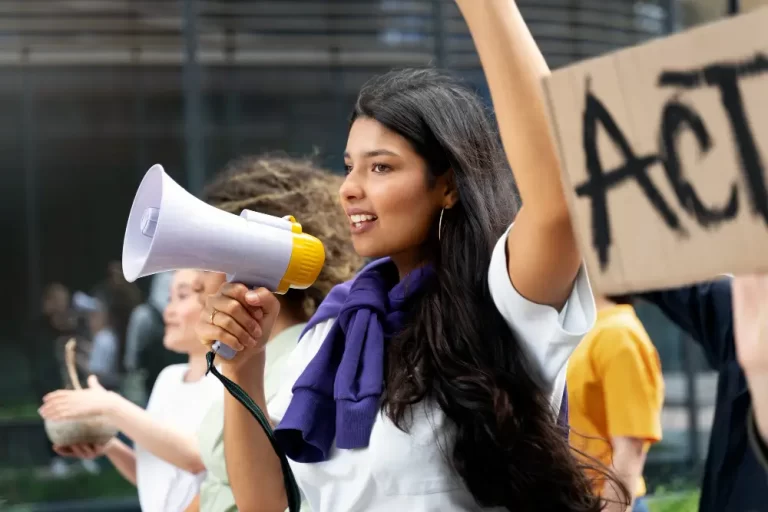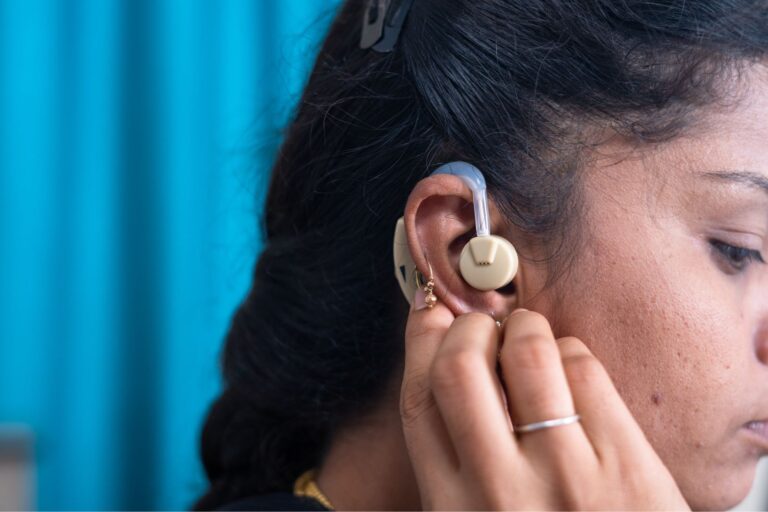Understanding Legal Aid for Individuals with Disabilities
The concept of legal aid for individuals with disabilities revolves around providing free and competent legal assistance to those who might otherwise be unable to afford it. This includes advice on legal matters, representation in court cases, and help with drafting legal documents like special leave petitions. The importance of this aid cannot be overstated, as it not only ensures access to justice but also helps in raising awareness among the differently abled community about their rights.
Legislative Framework in India
The backbone of legal aid for differently abled individuals in India is the Legal Services Authorities Act of 1987. This act, which came into effect on November 9, 1995, established a nationwide network to provide free legal services to the weaker sections of society, including those with disabilities. Under Section 12 of this Act, special provisions are made to ensure that justice is not denied to any citizen due to economic or other disabilities.
Additionally, the Rights of Disabled Person Act of 2016 plays a significant role in recognizing various disabilities such as intellectual disability, locomotor disability, blood disorders, and mental disorders. The Act also identifies multiple impairments and provides a legal framework for the rights and protections of differently abled individuals.
The Disabled Person (Equal Opportunities, Safeguard of Rights, and Full Participation) Act of 1995, which became effective from February 7, 1996, is another key legislation. It focuses on ensuring equal opportunities and safeguarding the rights of people with impairments.
Challenges and the Role of Legal Services
Despite these laws, discrimination against differently abled individuals is still prevalent in many areas. The Union government has enacted these legislations to assist the disabled and ensure their equality within society. However, the full objectives of these laws are yet to be achieved. Legal services thus play an indispensable role in not just providing aid but also in educating the differently abled about their rights and the legal resources available to them.
Accessing Legal Services
To access these services, differently abled individuals can contact the National Legal Services Authority (NALSA), which was established to oversee the implementation of legal aid programs. Legal Aid Clinics, often run by law schools and non-profit organizations, are another avenue for free legal services. These clinics guide individuals through the legal process and help in understand rights and entitlements.
Moreover, NGOs and advocacy groups in India work extensively for the rights of persons with disabilities. These organizations can offer legal advice, support in understanding rights, and assistance throughout the legal process. Online legal services platforms, like Online Legal India, also provide accessible guidance on legal matters for differently-abled persons.
Conclusion
Legal aid for differently abled individuals is not just about providing free legal services; it’s about ensuring justice, equality, and awareness of rights. The legislation in India, though comprehensive, requires continuous effort and awareness to be fully effective. It is crucial for differently abled individuals to be aware of their rights and the legal services available to them, and to actively seek legal advice when necessary. Legal services, both offline and online, play a vital role in bridging the gap between the differently abled and their access to justice.
References
- “Know About the Legal Services for People With Disabilities.” Online Legal India. Link.
- “What are the Legal Services for Persons with Disabilities.” Vakil Search. Link.
- “Legal Aid to the Disabled.” Press Information Bureau. Link.
- “Disability Rights (Rights of Persons with Disabilities Act & National.” NHRC India. Link.
- “Information on policies and acts for Empowerment of Persons with Disabilities.” India Gov. Link.


